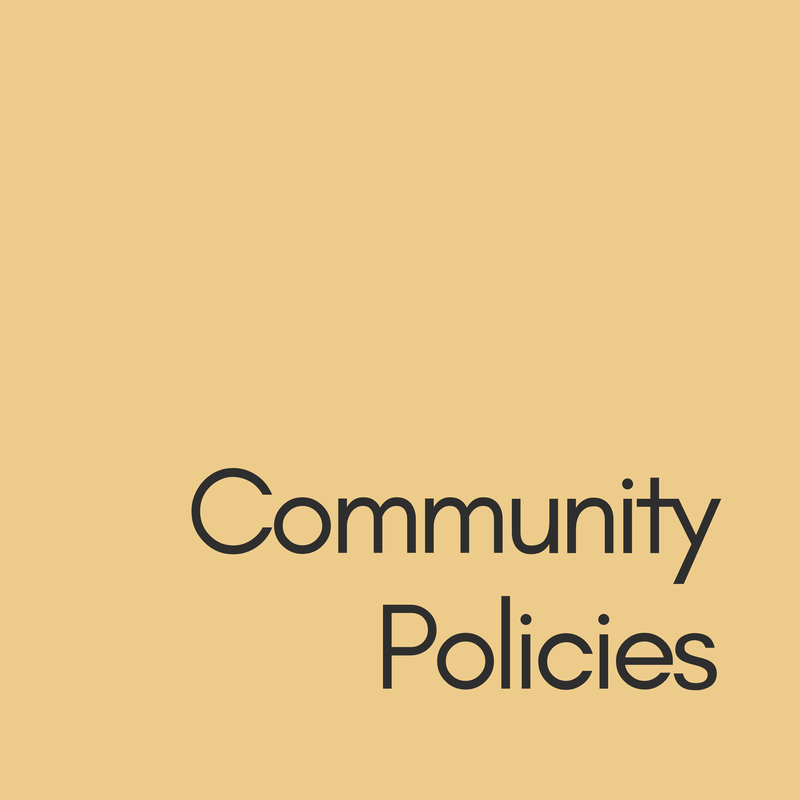Rationale
This policy holds the assumption that BC Waldorf Schools follow best practice guidelines when making decisions that could significantly affect the education, health, or safety of a student. School decisions that might affect students in this way incorporate guidelines from the document Procedural Fairness Best Practice Guidelines for Independent Schools. Policy Statement BC Waldorf Schools recognize that parents/guardians/students have the right to appeal a decision of a school where such a decision significantly affects the education, health, or safety of a student. Schools follow guidelines for procedural fairness to ensure the best outcome for all. Definitions BC Waldorf Schools recognize that not all concerns are grievances or require an appeal. Faculty, staff, parents or community members more often have a question that needs to be worked out. Sometimes comments or concerns are questions in the making. The following are BC Waldorf Schools’ definitions of types of communication: Comment: A verbal or written remark expressing an opinion or reaction. An example might be “My child’s teacher is leaving after only two years of class teaching, it isn’t right!”. Concern: A cause of anxiety or worry. An example might be “My child’s teacher is leaving after only two years.” Question: An inquiry made to elicit information about something specific. An example might be “Is it true that a grades teacher moves with their students through the grades?” Grievance: An official statement of a complaint over perceived unfair treatment. An example might be “I spoke to my child’s class teacher about my concern. I don’t feel like my concern was heard and I’m struggling to communicate this to the teacher. I feel like my child has been treated unfairly.” Appeal: An application to a school Board or Authority to reverse a decision made by the school faculty or staff. An example might be “My child has been suspended for two weeks, this isn’t right”. An appeal process is generally accessed when other communication processes have not resulted in resolution and when a participant feels they were treated unfairly/unreasonably, and/or they believe that due process was not followed. Significant Decisions The following decisions may be deemed to significantly affect the education, health, or safety of a student and are the type of decision that could cause grievance resulting in an appeal:
Protocols and Procedures Each BC Waldorf School has their own processes and procedures for resolution of concerns, grievances, and appeals. Schools ask that parents assess whether they have a comment, concern, question, grievance or wish to appeal a decision made by the school. Once the communication needs are assessed the appropriate school specific protocol can be followed. BC Waldorf Schools encourage direct communication whenever possible. In the event that communication support is necessary, parents can use school specific communication protocols for registering concerns and grievances. In the event that a parent/guardian wishes to appeal a decision made by the school that affects the education, health or safety of a student, they can use school specific protocols and procedures for this purpose. Appeals In the event of an appeal, BC Waldorf Schools will select an appeal committee according to school specific protocols. The Appeal Committee will:
Ombudsperson BC Waldorf Schools, as members of the Associate Member Society (AMS) of the Federation of Independent School Association (FISA), have access to Independent School Ombudspersons. These people are hired to investigate complaints made by a person affected by a decision, act or omission of an independent school or school authority that is a member of this Association (AMS) and when the school’s appeal process was ineffective toward resolution. The Ombudsperson is not an arbitrator and does not have the ability to make a binding decision in a matter. The Ombudsperson, however, does provide an opportunity for an external review of a decision or action of a school. The Ombudsperson, having completed an investigation, can make a recommendation to the school or school authority in an attempt to resolve the complaint. If the Ombudsperson is not satisfied with the school’s response to the written report, the Ombudsperson may issue a report of the circumstances to AMS. If a parent/guardian wishes to appeal a decision made by the school they can request this using the specific school’s process for appeals. If the school appeal process does not resolve the issue and it is thought that the help of an Ombudsperson is necessary, the school will provide an Ombudsperson Request Form with Independent School Ombudspersons contact information as stated in the AMS Schools’ Ombudsperson Policy. BC Waldorf Collective - AWNSA Registered Initiative, Associate, and Full Member Waldorf Schools of BC
|
Site Navigation |



